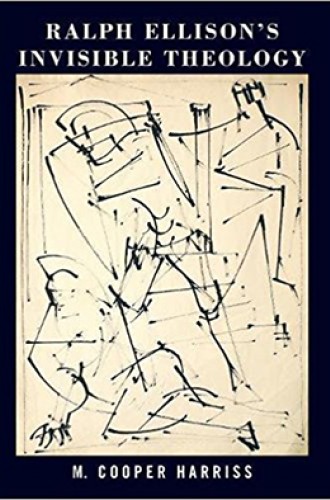Ralph Ellison’s theology made visible
Cooper Harriss aims to rescue Ellison from neglect and misinterpretation—by reading him alongside theologians.
What a wonderful world of possibilities are unfolded for the children!” wrote novelist Ralph Ellison in 1954, in response to Brown v. Board of Education. He continued: “For me there is still the problem of making meaning out of the past . . . I’m writing about the evasion of identity which is another characteristically American problem which must be about to change.”
One of the most valuable and sensitively presented aspects of M. Cooper Harriss’s new book is its attempt to account for why Ellison, after the success of his first novel, Invisible Man, struggled so mightily, and ultimately failed, to finish his second novel. If we take Ellison at his word that “making meaning out of the past” and “the evasion of identity” were central to his vision for that novel, contemporary readers can commiserate. Ellison is one of the most intriguing, challenging, promising, and enigmatic elements of our past with whom we must struggle.
On the one hand, Ellison earned immediate acclaim from black and white critics (including winning the National Book Award and being given the inaugural National Medal of Arts), and Invisible Man became a staple of college literature courses as well as a perpetual candidate for “Best American Novel” lists. On the other hand, Ellison’s challenges to both politically oriented “protest literature” (in the mode of Richard Wright, for example) and the sociological mode of interpreting black American experience place him in an uncomfortable and increasingly antagonistic relationship with American literary and political culture. At a time when cultural discourse is especially destabilized around the question of whether “essentializing” race is either a necessary tactic for survival (such that we must insist that “Black Lives Matter”) or a terrible vestige of racist colonialism (in which “whiteness” is a cultural and political virus), Ellison’s more fundamental, existentialist riffing on “invisibility”—and the possibilities for making visible an individual in his distinctly black American humanity—offers us a bracing but hopeful reorientation.





